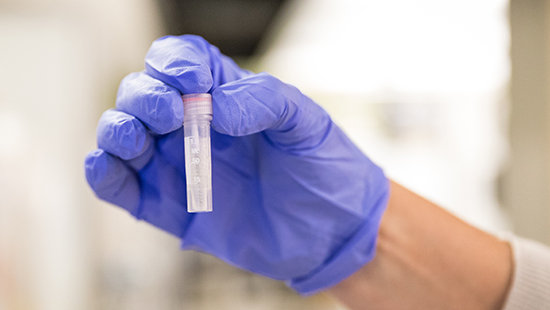
Publications
View a complete list of the Center's publications.
Pioneering chromatin engineering for cellular reprogramming
The mission of the Center for Physical Genomics and Engineering in Northwestern’s McCormick School of Engineering is to create new strategies for the treatment of disease and the reversible manipulation of physical systems through the emerging field of physical genomics. It uses an evidence-based approach to train the next generation of engineering leaders engaged in research that bridges molecular biology, bioengineering, physics, and chemistry.
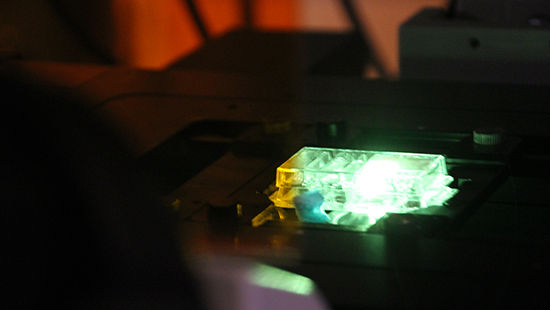
The Center for Physical Genomics and Engineering takes a physics-based approach to reprogramming the genome to treat disease and engineer living systems to overcome environmental challenges, all without altering genes themselves.
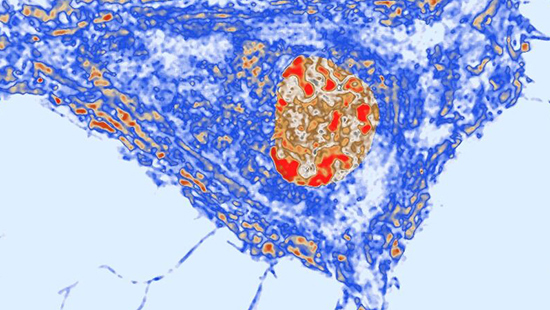
By developing a combination of breakthrough superresolution imaging and computational genomics techniques, the Center identifies ways to control the structure of chromatin, which is the three-dimensional organization of the genome that plays a major role in regulating gene expression. These techniques have the potential to become one of the major drivers of 21st-century biotechnology.
As part of our groundbreaking research, the Center trains the next generation of scientists and engineers through cross-disciplinary platforms that bridge molecular biology, bioengineering, optics, physics, chemistry, and medicine. The Center also supports the development of talented young scholars through specialized mentorship programs.
The ability to control global patterns of gene expression will allow for the development of a principally new, physics-based anti-cancer strategy to prevent the emergence of tumor cell resistance to anti-cancer therapies. Prevention of chemoresistance will overcome the primary reason for treatment failure of most cancer patients.
Cellular reprogramming strategies could also be deployed to address other chronic diseases in which global genomic reprogramming plays a role, such as Alzheimer’s and atherosclerosis, developmental diseases, and also holds tremendous promise for regenerative medicine. Many aging processes could be slowed or even reversed.
The impact of

View a complete list of the Center's publications.
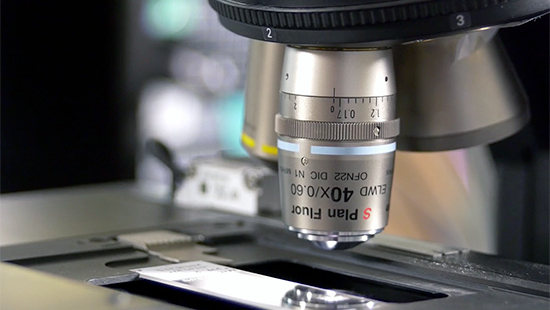
Learn about our state-of-the-art facilities and the funding opportunities available to our students.
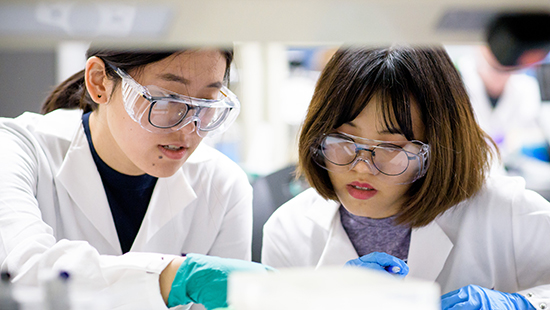
Learn about our commitment to increase the participation of underrepresented groups in the field of engineering.
Meet the Center's award-winning faculty who bring together disciplines including molecular biology, bioengineering, physics, optics, chemistry, and medicine.